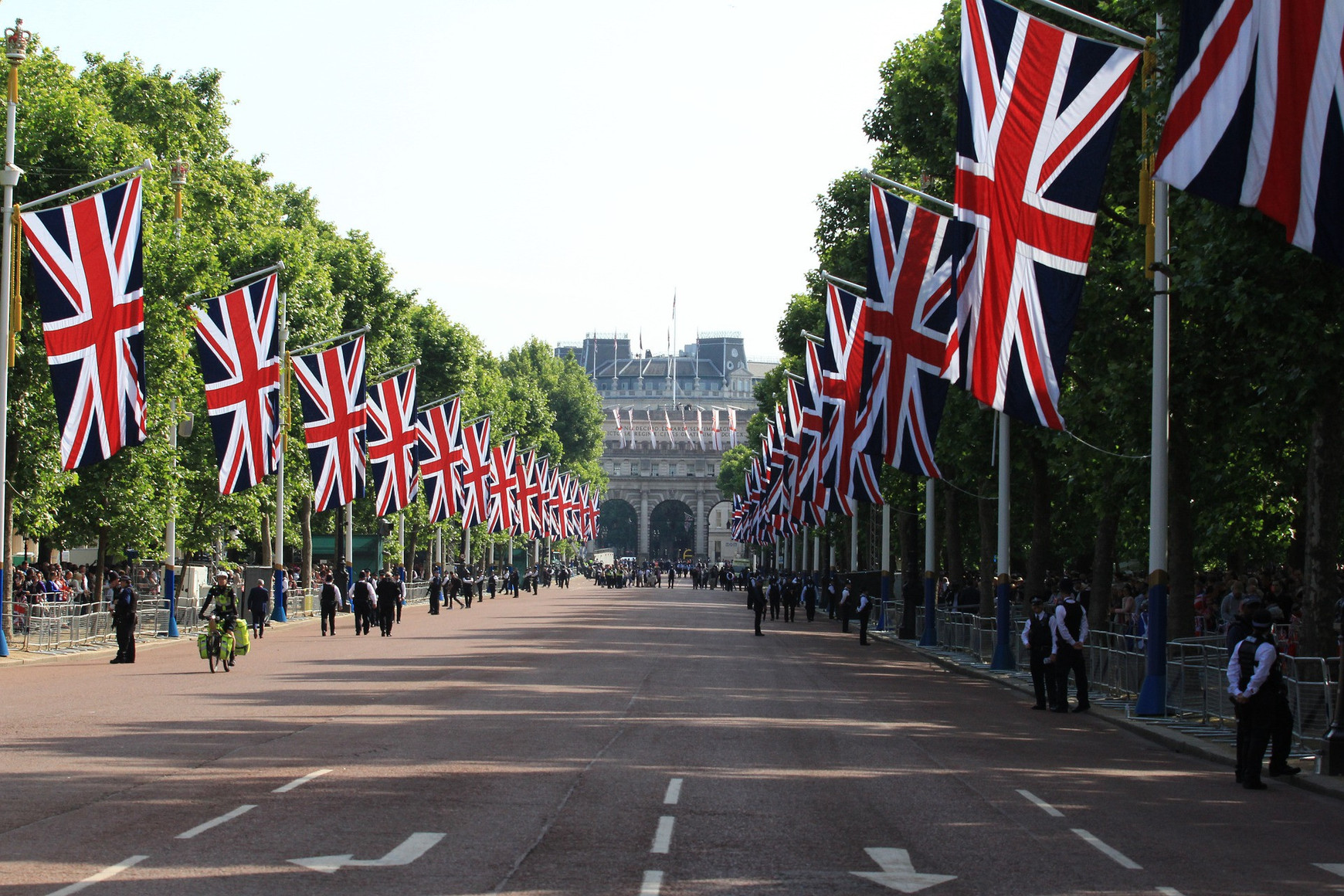
We’re very happy to open the second season of our weekly “Ideas on Europe” editorial by
UACES, the University Association for European Studies. And to start off the season, we
welcome – just like last year! - Simon Usherwood, from the Open University, in England.
Simon, it has been some very strange weeks for the UK recently, with the death of Queen
Elizabeth, but also the appointment of the new Prime Minister Liz Truss. Does her arrival in
10 Downing Street mean a new era in relations with the EU?
You are right: even by recent standards, the coincidence of the Queen’s death and Truss’ election by
the Conservative Party has made a lot of people wonder about whether we are at some kind of
important historical moment for the British.
However, all of this change actually comes with a lot of continuity. King Charles seems set to followin his mother’s footsteps as monarch, and Truss has not shown any obvious signs that her politics
will be much different from Boris Johnson’s.
So, just more of the same then?
Let’s think about this for a bit.
Firstly, the policy problems that Johnson faced during this year are still the same for his successor:
most obviously, the cost-of-living crisis (with high energy prices and plenty of strikes) and the war in
Ukraine. All through this summer and the leadership campaign, it has been obvious that Truss was
going to have to devote most of her attention to this.
Secondly, the factors that eventually pushed out Johnson were about how he did his politics, rather
than his policies.
“ Partygate ” and the investigations into holding Parliament in contempt spoke to his unwillingness –
or inability – to follow rules and it was the reputational damage that finally undermined his position.
Criticism of his policies was relatively muted.
Add to this Truss’ decision to portray herself as the continuity candidate to Johnson and the likely
lack of change becomes much less surprising.
Does this mean we should expect more fights with the EU?
‘Fights’ might be a bit strong: maybe it’ll be more of a contre-temps. During the campaign, Truss spoke of wanting to push on with UK legislation to tear up the Northern
Ireland Protocol, against international law: indeed, she had been the champion of that legislation in
Parliament earlier this summer.
But now she’s actually in office, that fervour seems to be dimmed. Perhaps it’s because of the
Queen’s death and the obvious limits that places on ‘normal’ politics right now, but equally it might
be that the need for a very strong focus on the cost-of-living means she recognises that this might
not be the best time to open up a big rift with European partners.
As much as the Ukrainian forces seem to be making good progress in their war to turn back Russia,
the need for European unity and coordination remains as high as before: if nothing else, working
together on energy production and sharing isn’t something that will get any easier until at least next
summer.
Maybe the best we can hope for is that Truss decides not to take the antagonistic route that Johnson
followed: that means much less of the noisy rhetoric and knee-jerk reflex to think that anything
‘European’ is bad.
The many warm words and sentiments that have come across the Channel in the last days highlight
that there is a reservoir of good will to be tapped by a British leader who can talk constructively
about better relations and who works within the commitments they have signed up to.
For Truss that might be as simple as continuing to work to change the Protocol in Northern Ireland,
but doing so within the law. Whether she takes that opportunity should become clearer once British
politics gets back to normal.
If British politics is ever ‘normal’, Simon! Thank you very much for sharing your thoughts. You
can be sure we will wait and watch with great interest. We’ll call you again when the next
‘contre-temps’ occurs!
Interview Laurence Aubron





